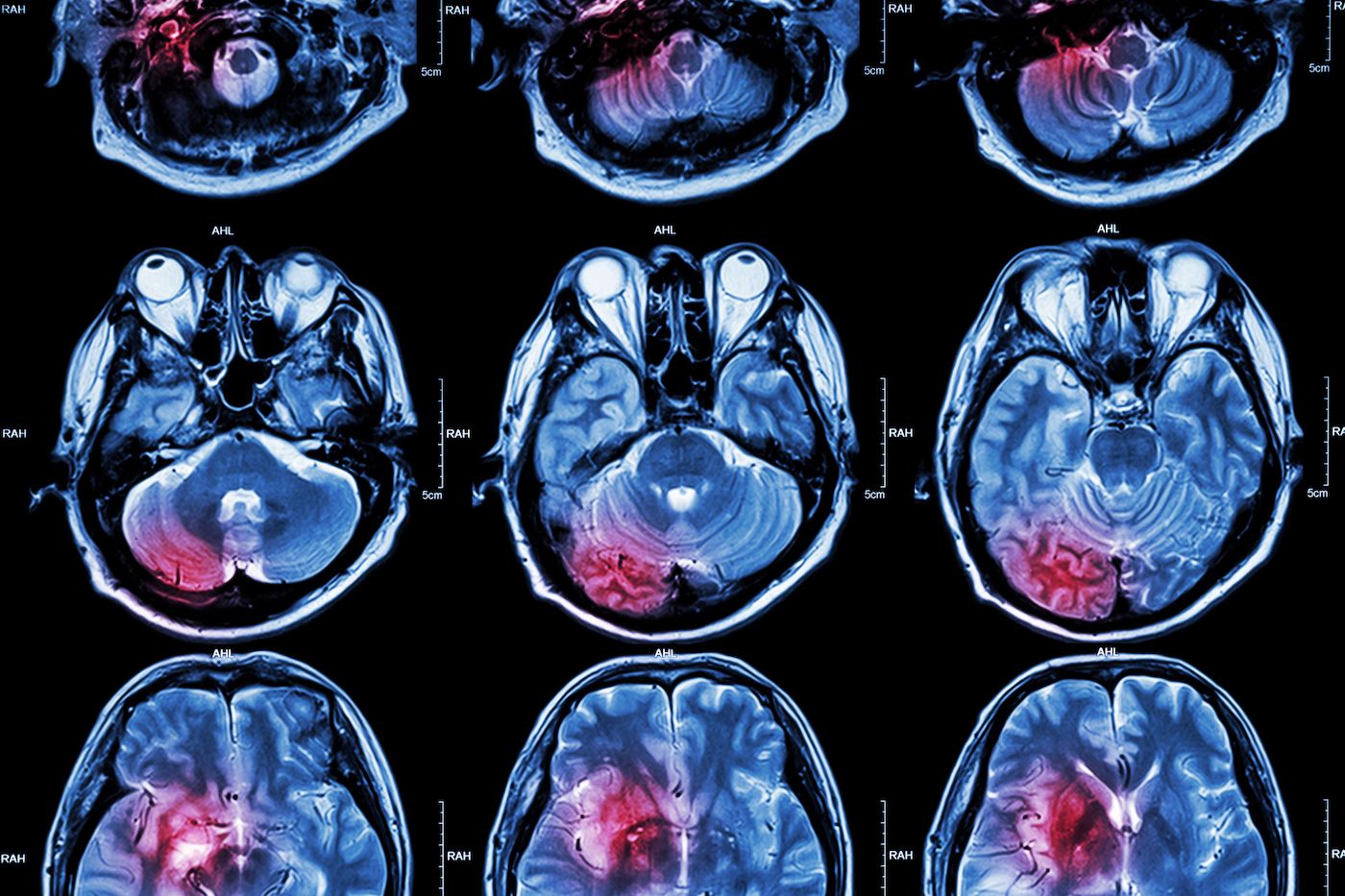i knew my marriage wasn’t a good marriage and after doing that step and being brutally honest about it, i learned that i wanted control more than i wanted happiness — i realized i had to start working on that character flaw.
i was 21 months sober yesterday, we’re getting close to two years. i now rely as best i can — i mean i’m human, so i can’t totally give it up, i keep trying to take it back — i rely on my higher power, which is god. i try to turn everything over to him: my angst, my worries, my children. that’s been a huge part of me changing.
yes, in certain cases i was a victim, there was nothing i could have done about that. but i also saw where control was more important than being honest and even being happy. so with that, that blaring character flaw, i have learned to let go of a lot of the baggage and the control that i feel i need to have around me.
with my sons, i reach out to them, but i can’t control that, and it’s up to [them] to decide when [they] want to [get in touch]. sometimes i get really sad about it, but then i remind myself, oh, you’re trying to take this back again.
[oak] hill has played such a huge part because i do aftercare with them every monday evening. women come and we just talk about what’s going on. we’re constantly talking about how to deal with particular situations in our life, but mine is 150 times better than it was when i was drinking. there’s no comparison.
 12 minute read
12 minute read









